Volvo C40 Recharge LCA highlights huge potential of manufacturing and charging EVs with clean energy
Green Car Congress
NOVEMBER 3, 2021
Volvo Cars has published a lifecycle analysis report on its second fully electric car, the C40 Recharge, which shows the potential CO 2 reductions if a car is built and charged using clean energy sources. Choice of methodology has a significant impact on the total carbon footprint.

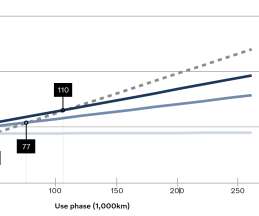

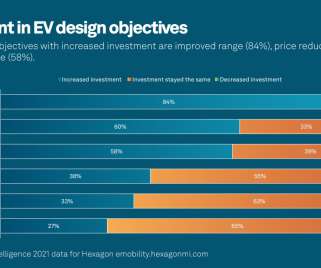
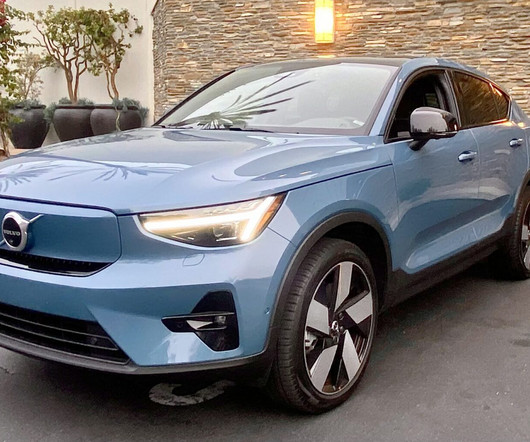







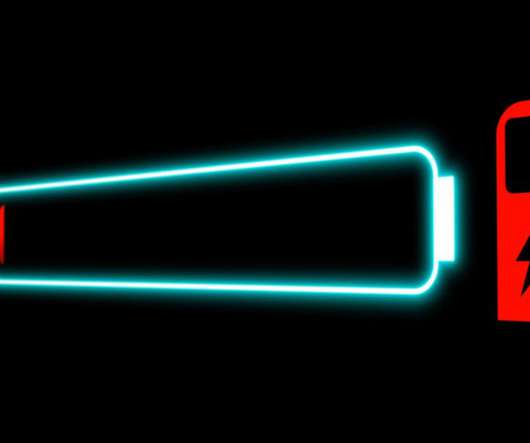









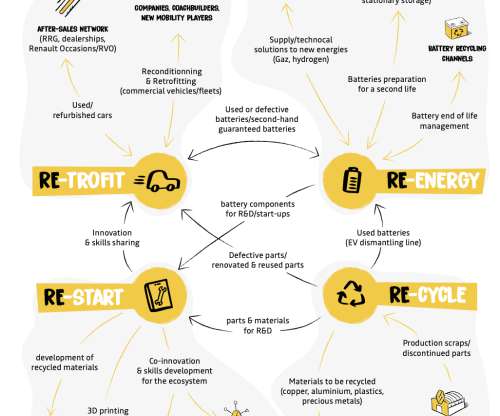



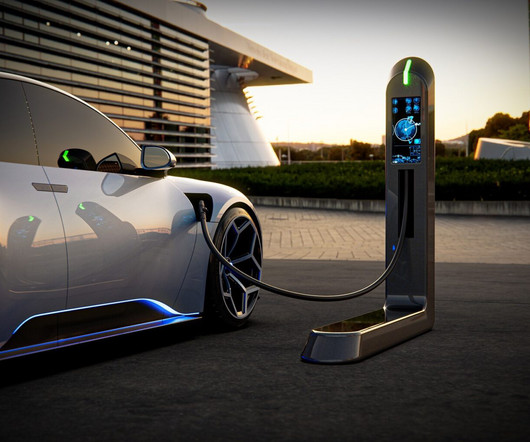



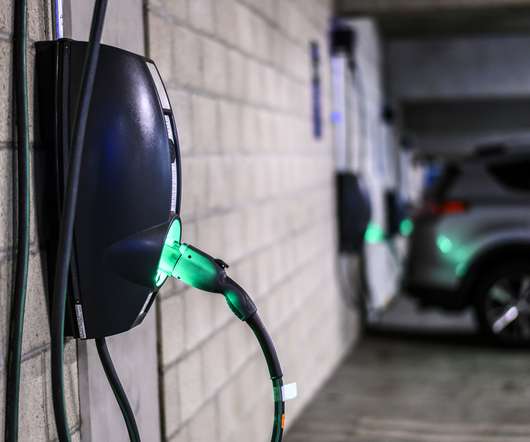



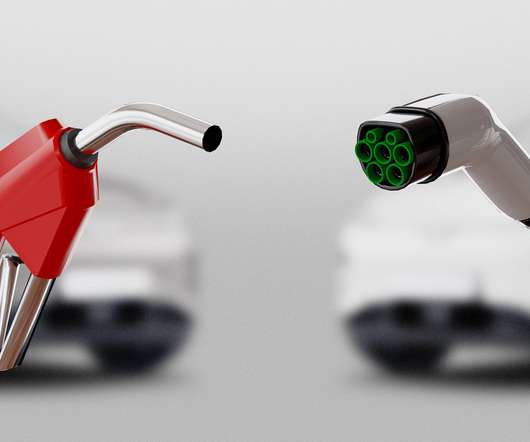










Let's personalize your content